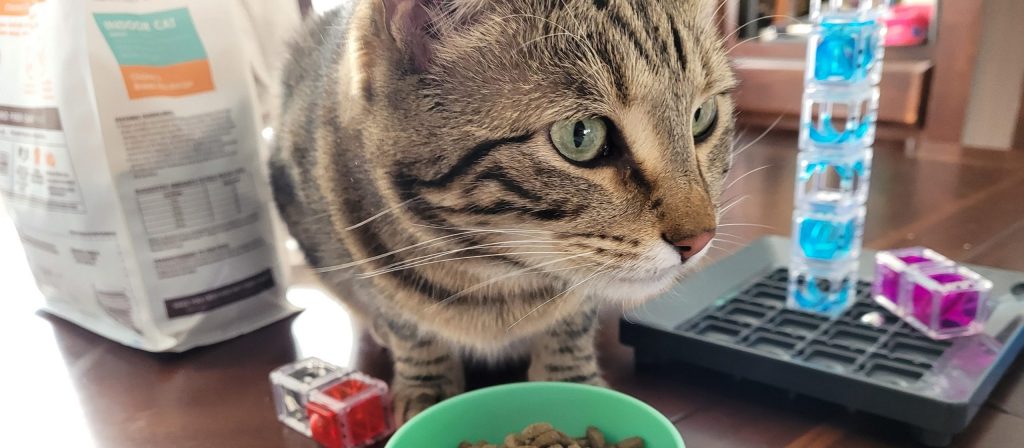Your Idea’s Advocate

This is from my weekly email series, The Weekly Mixtape. To get it the right way, please subscribe to the newsletter
Hey Indiepreneur,
Recently, I’ve been listening to Loonshot by Safi Bahcall. Like so many of these business books, it’s a fun read with lots of interesting examples, but it doesn’t have much for the average person to use in real life.
Unless you happen to be the head of a large business. Which I’m not.
One part that’s is that often the person with the great idea is not the
person good at advocating that idea.
Without inventing a thing himself, Vannevar Bush changed the course of
World War II because he figured out how to bring scientists together
with the military. Steve Jobs was a miserable failure until he figured
out how to advocate others’ ideas rather than always insisting on using
his own. The examples go on and on.
Artists expect their work to speak for itself. That’s rarely the case.
It needs someone to speak for it…at least until people can get it.
The hard part is finding the person to speak for the work.
My advice for the week: don’t get discouraged if your work doesn’t
magically jump from your brain and become an immediate success.
Sometimes it needs that little push. If you can do that with just a bit
of marketing, great. If you need someone else to help you along, that’s
fine too.
The list of great ideas that were rejected the first several times is
immense. Yes, it’s possible you might truly have a bad product on your
hand, but sometimes what you need is just a little extra push.
The Links
- Cyberpunk 2077 is an example of something with great potential that is currently crashing, burning, and smoldering. What went wrong?
- Like board games? Nothing makes the experience better than paying way more money to get it nice and organized. If that sounds good to you (and I know it sounds silly, but it really is worth it), you have to get Broken Token. I just bought one for Lord of the Rings, and I’m as excited about that as the game itself.
Service Dog Update
When we were first told we were getting a poodle for a service dog, I
was surprised. When I think of service dogs, I think labs. Part of that
is likely because my friend in elementary school was helping to train a
yellow lab. But I can’t think of how often I’ve seen a non-lab service
dogs.
Poodles, though, are the preferred dog of the school we go to. And it’s
clear why. Sherman is clearly smart (despite his teenage indiscretion)
and also very concerned about those in his pack.
The ultimate goal is for him to watch out for Finley, but there’s a long
way to go before he’s ready. But I’m surprised by what he already does,
even without training. For example, the other day Finley was having a
meltdown, and Sherman immediately came to investigate and offer his
comfort. He will do this almost every single time, and we haven’t even
taught him to do that.
This is exactly why we wanted a service dog.
Now we just need to get him to stop trying to run after other dogs. He
still loses his mind when he sees one, and that IS something we’re
training around.





